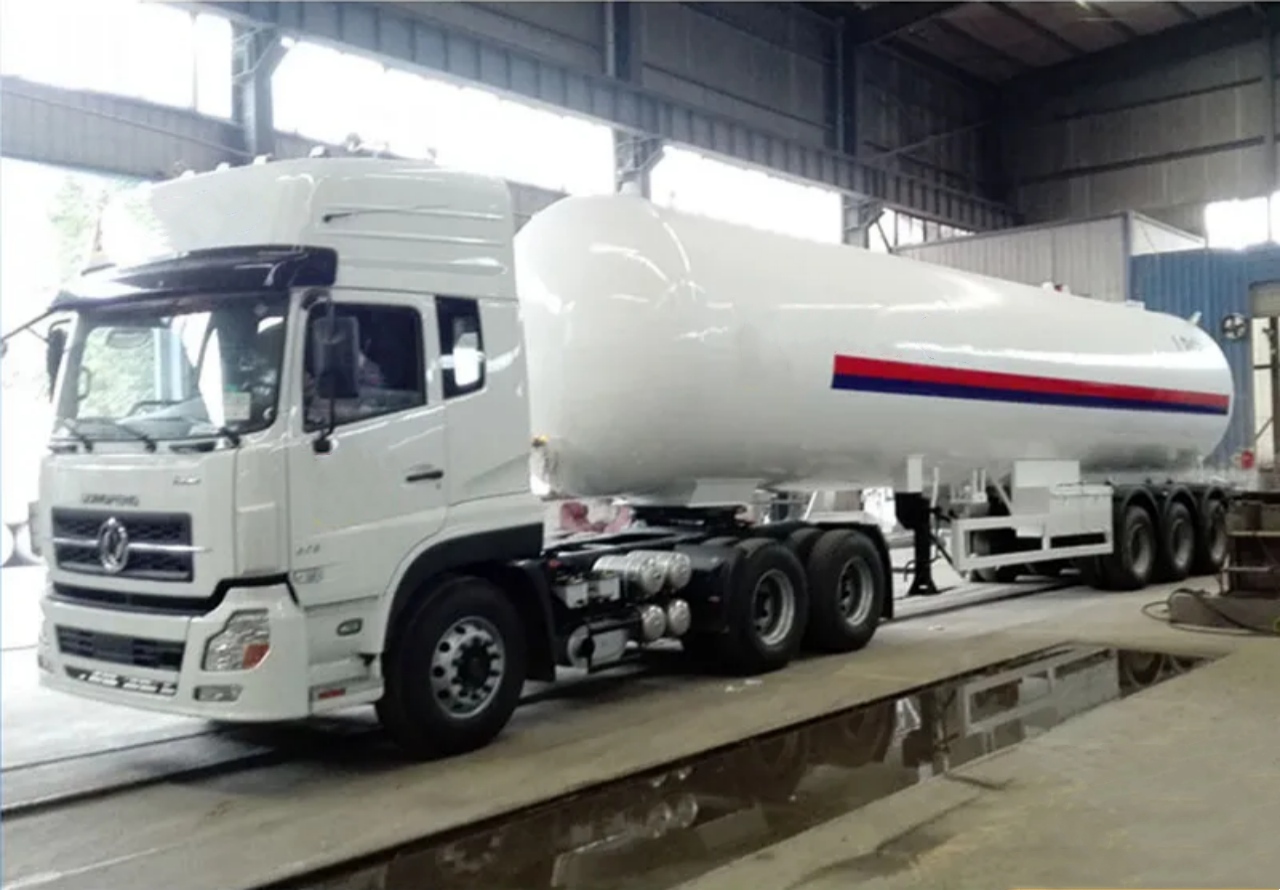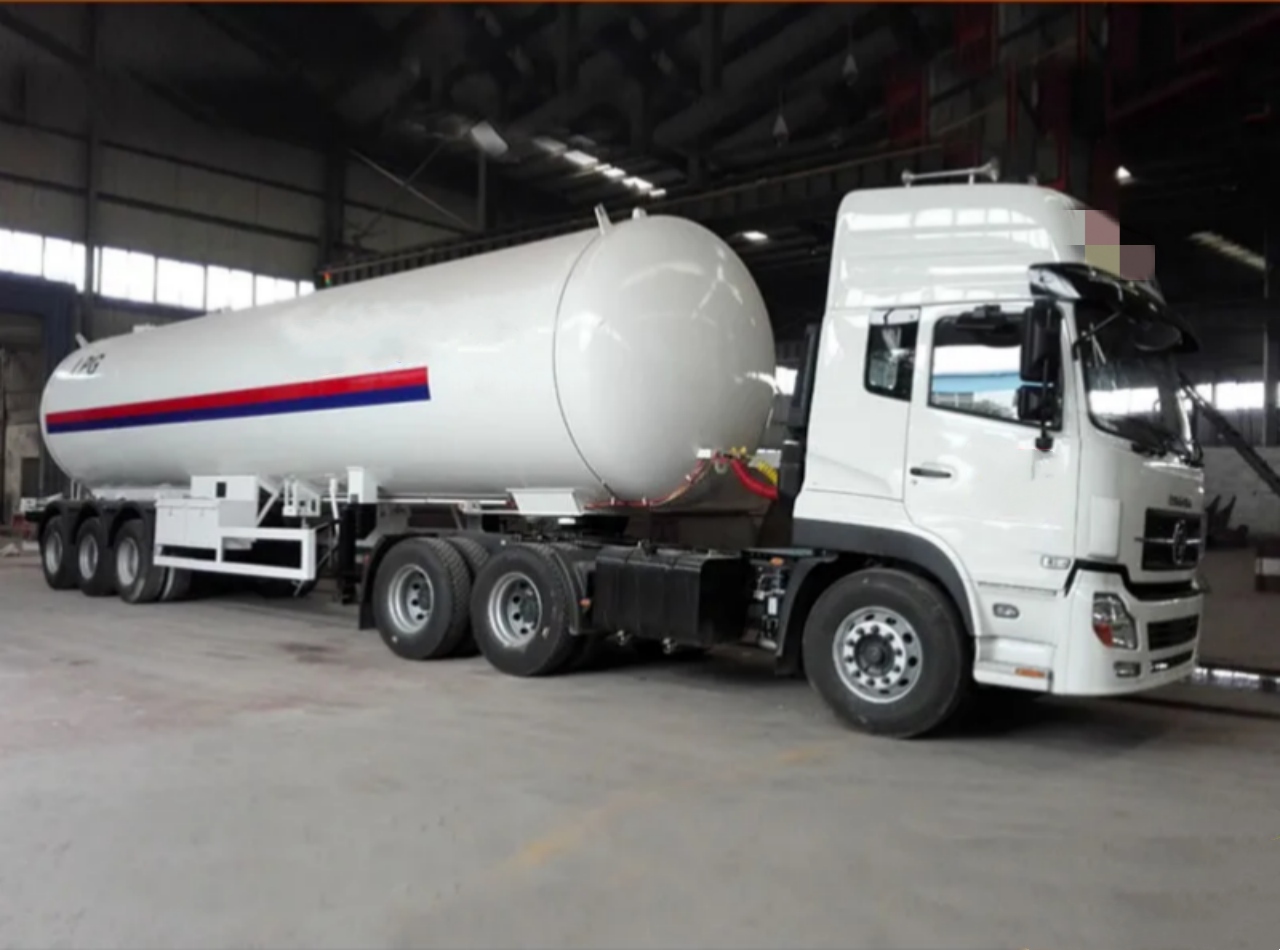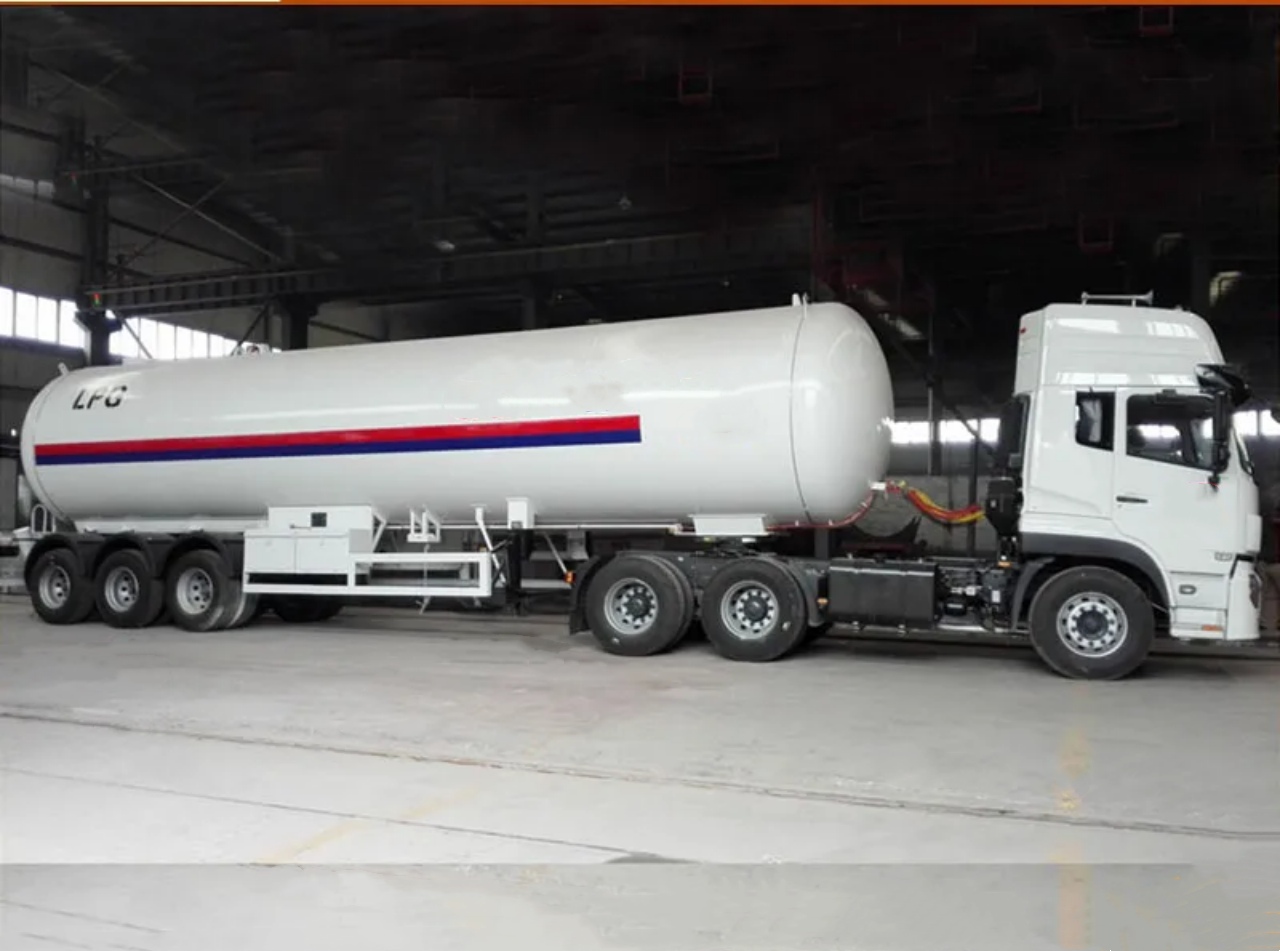Driving a propane truck involves unique responsibilities due to the hazardous nature of the materials being transported. Whether it’s for residential, commercial, or industrial use, propane is a vital fuel used in a variety of applications, including heating, cooking, and powering equipment. However, transporting propane requires specific safety protocols, and drivers need to meet particular qualifications to handle such dangerous materials. This article explores whether you need a special license to drive a propane truck, the licensing requirements, and the safety considerations involved in transporting propane.
Understanding Propane Trucks
A propane truck is a specialized vehicle designed for the transportation of propane gas, typically stored in pressurized cylinders or tanks. These trucks are built to ensure the safe transport of propane, as it is a highly flammable substance. Propane can be hazardous if improperly handled, requiring specific safety measures during loading, transit, and unloading.
Propane trucks can vary in size, ranging from smaller, single-axle vehicles for local deliveries to larger tanker trucks capable of carrying thousands of gallons of propane. These trucks are equipped with a variety of safety features, including pressure relief valves, fire suppression systems, and specialized equipment for handling spills or leaks.

Licensing Requirements for Driving a Propane Truck
To legally drive a propane truck, a special set of qualifications is required. The specific requirements vary depending on the region and type of vehicle being driven. However, there are some general standards that most jurisdictions follow.
1. Commercial Driver’s License (CDL)
In most cases, driving a propane truck requires a Commercial Driver’s License (CDL). A CDL is a mandatory license for individuals who wish to operate large commercial vehicles, including trucks used to transport hazardous materials like propane.
In the United States, for example, the Federal Motor Carrier Safety Administration (FMCSA) requires individuals to obtain a CDL to operate any vehicle weighing more than 26,001 pounds. This includes most propane trucks. The CDL process involves passing both written and practical exams to demonstrate knowledge of vehicle operation, road safety, and handling of hazardous materials.
Types of CDL Endorsements for Propane Truck Drivers
While a standard CDL may be sufficient for operating a basic propane truck, additional endorsements are often necessary to safely transport propane. These endorsements are required for individuals who will be transporting hazardous materials or operating specialized vehicles. There are 2 main types of endorsements that propane truck drivers typically need:
- Hazardous Materials Endorsement (H): The “H” endorsement is required for drivers who transport hazardous materials, including propane. Obtaining this endorsement requires passing a background check with the Transportation Security Administration (TSA), as well as a specialized written test that focuses on the safe transport of hazardous materials.
- Tanker Endorsement (N): The “N” endorsement is required for drivers who operate tanker vehicles. Propane trucks typically use large, pressurized tanks, and this endorsement ensures the driver has the knowledge and skills needed to operate these specialized vehicles safely.
2. Age Requirements
In most regions, the minimum age requirement for obtaining a CDL is 21 years old. However, some states may allow drivers as young as 18 to operate commercial vehicles within state lines (intrastate), but they still must meet the CDL and endorsement requirements.
3. Medical Fitness
All CDL drivers, including those transporting hazardous materials, must meet certain medical standards to ensure they are fit to operate commercial vehicles. This typically involves a medical exam by a certified examiner, who checks for vision, hearing, and physical health issues that could impair the driver’s ability to safely operate the vehicle. Propane truck drivers must also be able to handle emergencies, such as leaks or accidents, without compromising their safety or the safety of others.

Safety Considerations for Propane Truck Drivers
Driving a propane truck comes with additional responsibilities due to the potential dangers involved in transporting flammable materials. Here are some key safety considerations that propane truck drivers must be aware of:
1. Understanding the Hazards
Propane is a flammable gas that can pose significant risks in the event of a spill, leak, or accident. Drivers must have a clear understanding of the chemical properties of propane and the safety protocols for handling emergencies. For example, propane is heavier than air and can accumulate in low-lying areas, creating an explosive hazard if not properly ventilated.
2. Emergency Response Training
Propane truck drivers must undergo specialized emergency response training to handle situations such as gas leaks, fires, or accidents. This training typically covers:
- How to shut off the propane supply in the event of a leak.
- Proper use of fire extinguishers or fire suppression systems on the truck.
- How to alert authorities and ensure the safety of nearby individuals.
- Procedures for safely unloading propane and dealing with potential spills.
3. Routine Vehicle Inspections
Propane trucks must be thoroughly inspected to ensure that all safety equipment is functioning properly. Drivers are responsible for conducting pre-trip inspections, which typically include checking the vehicle’s brakes, tires, pressure relief valves, and hoses. Any issues that could compromise the safety of the truck or its cargo must be addressed before the vehicle can be driven.
4. Adhering to Transportation Regulations
Propane truck drivers are required to follow specific transportation regulations, which can vary by jurisdiction. In the U.S., for example, the Department of Transportation (DOT) and FMCSA set guidelines for the safe transport of hazardous materials. These regulations cover everything from how the propane is loaded and unloaded to the proper labeling and signage for the vehicle.
5. Weather and Road Conditions
Propane truck drivers must also be aware of how weather and road conditions can affect their ability to transport propane safely. Slippery roads, poor visibility, and extreme temperatures can increase the risks associated with driving a propane truck. Drivers must adjust their driving style accordingly, such as reducing speed in icy conditions and ensuring proper vehicle stability during heavy winds or storms.

Conclusion
In summary, driving a propane truck requires more than just basic driving skills—it demands specialized knowledge and training due to the hazards involved in transporting flammable materials. A special Commercial Driver’s License (CDL) is required, and drivers must obtain additional endorsements for hazardous materials and tankers. Beyond licensing, propane truck drivers must be well-versed in safety protocols, emergency procedures, and proper vehicle maintenance to ensure the safety of themselves, others on the road, and the environment.
If you’re interested in becoming a propane truck driver, it’s important to check the specific requirements in your region, undergo the necessary training, and familiarize yourself with the various safety standards and regulations involved in transporting hazardous materials.

